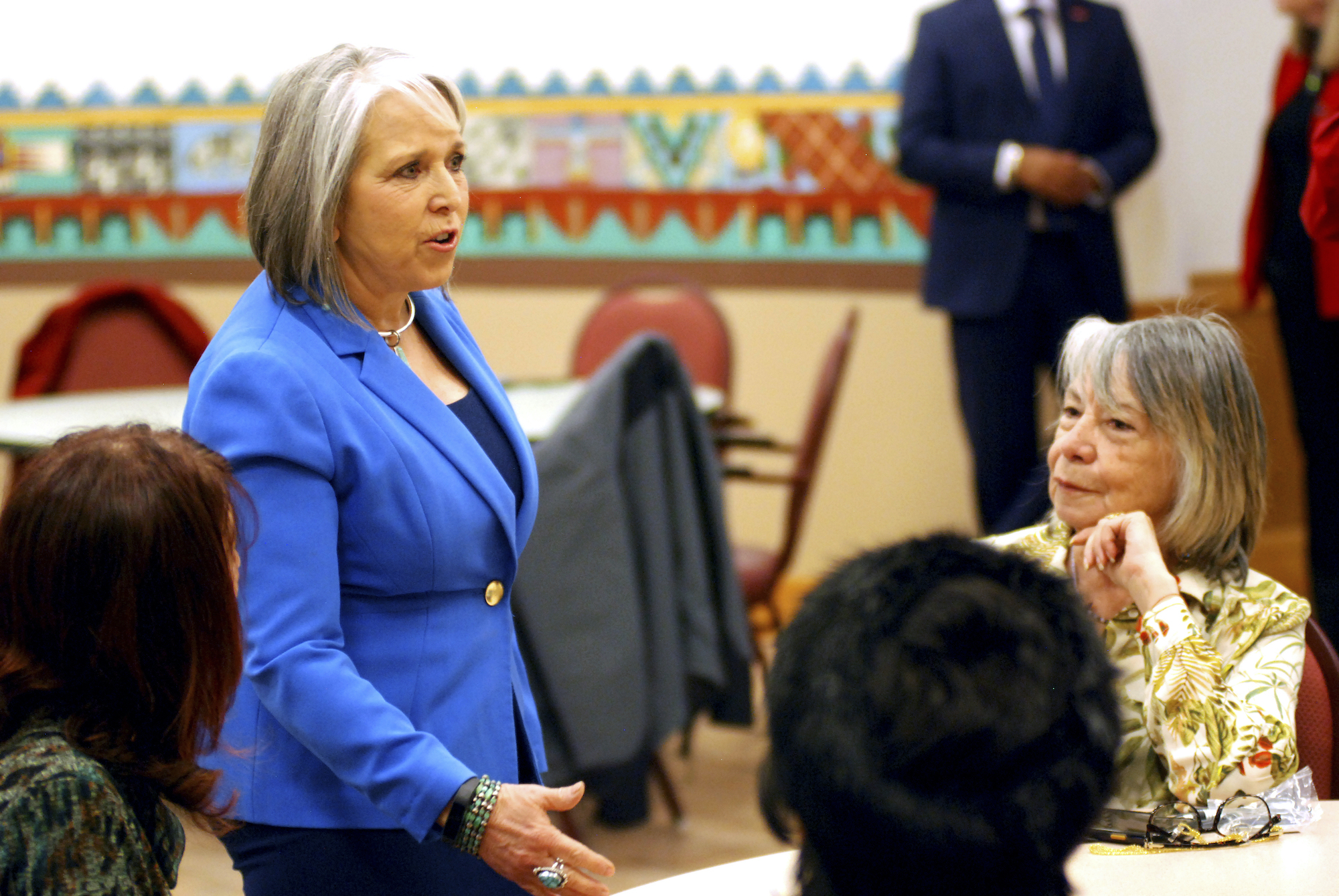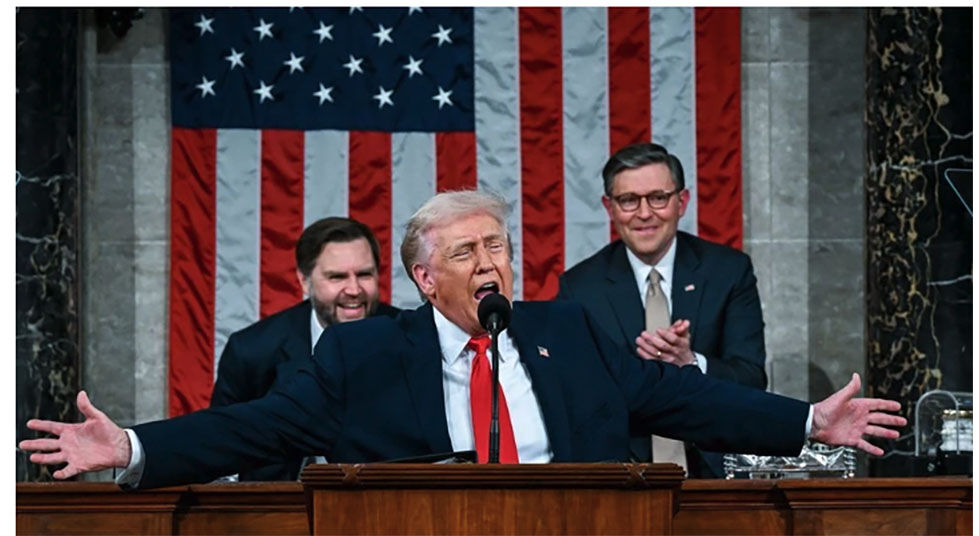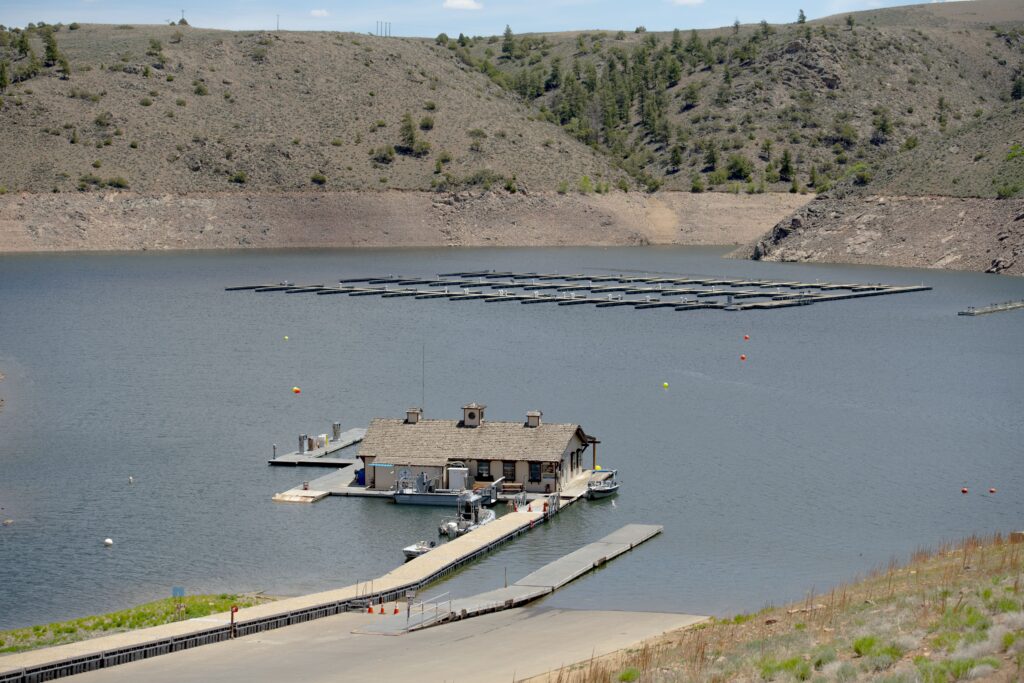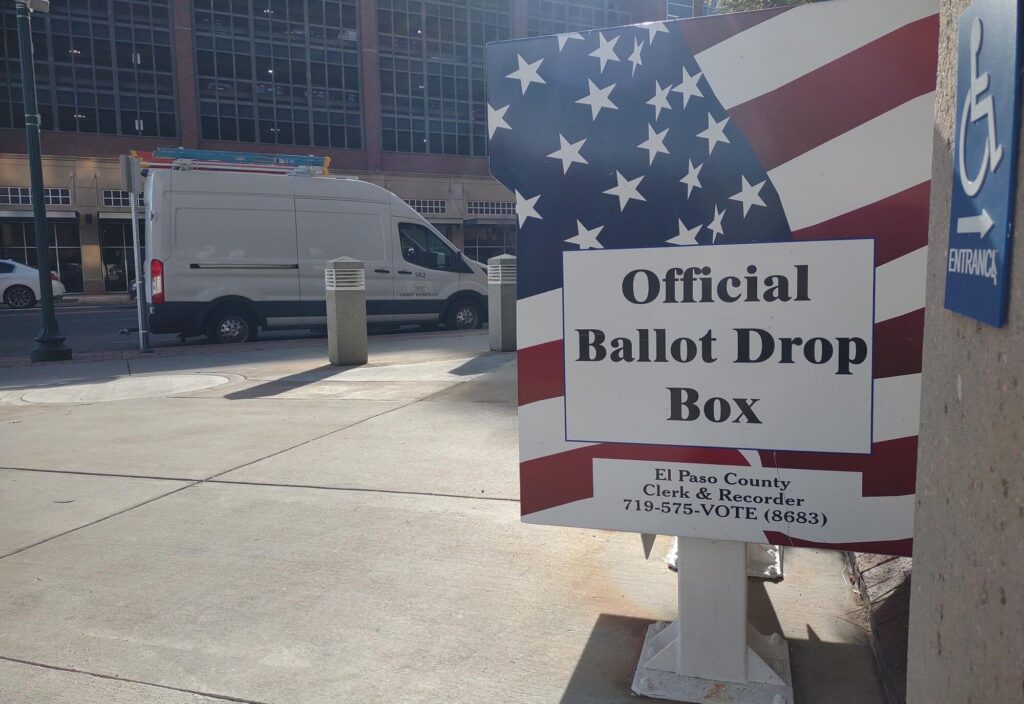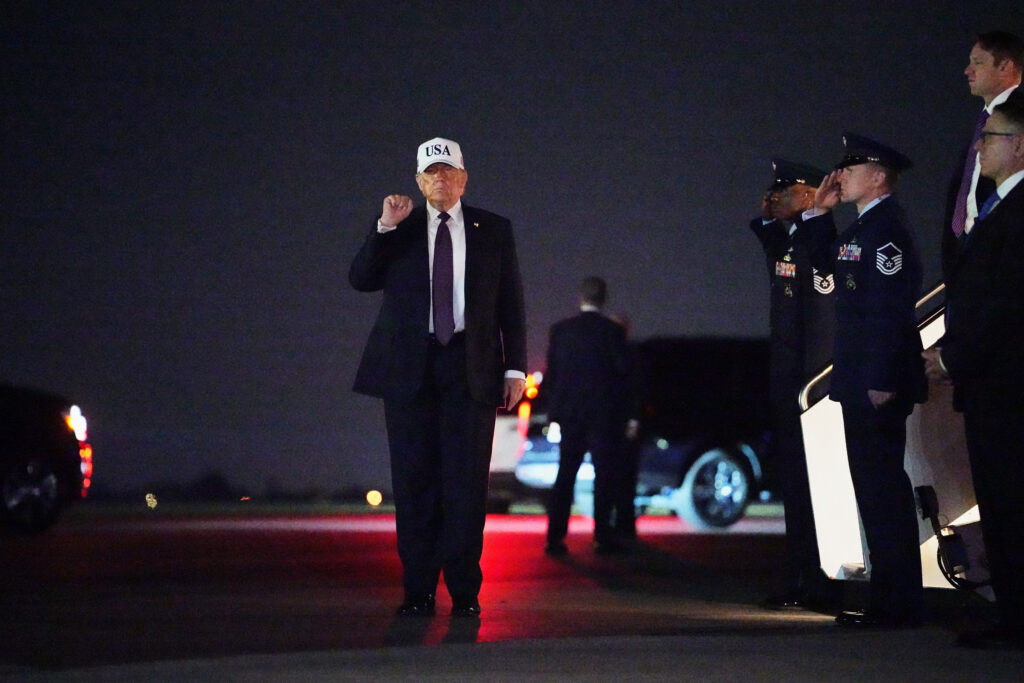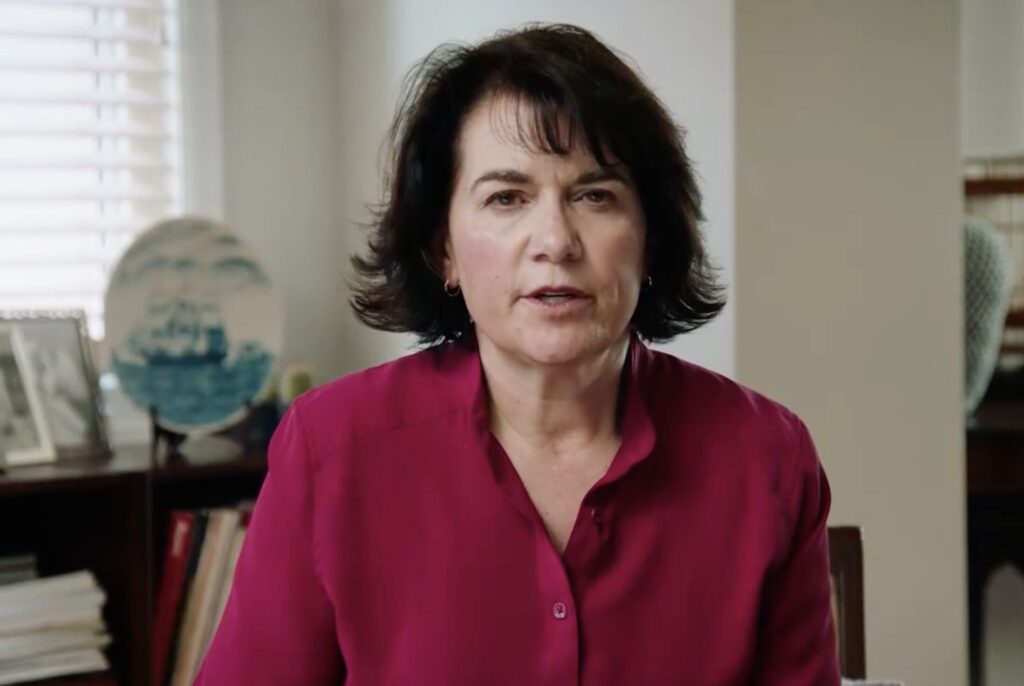OUT WEST ROUNDUP | New Mexico OKs payments to residents to offset inflation

NEW MEXICO
Legislature approves payments to offset inflation
SANTA FE – New Mexico Gov. Michelle Lujan Grisham signed legislation on April 8 to provide payments of $500 to individual adults or $1,000 to households to offset increased prices for fuel and other consumer goods.
Payments of $250 per individual are scheduled for June and August under a Democratic-sponsored bill approved on April 5 during a one-day special legislative session.
The payments will arrive on top of separate tax rebates in July that exclude upper-income residents. Income limits don’t apply to the newly approved payments, which will cost the state about $700 million.
Most payments will go out automatically as tax rebates to people who file tax returns in New Mexico, while $20 million also was set aside largely for elderly people with little or no income who don’t ordinarily file taxes. Undocumented immigrants are eligible whether they file tax returns or not.
The U.S. inflation rate for the 12 months ending in February was nearly 8% – and that was before the Russian invasion of Ukraine set off a worldwide surge in fuel prices.
Democratic Rep. Christine Chandler of Los Alamos, chairwoman of the lead House committee on taxation, highlighted the cascading effect of higher fuel prices as businesses pass on energy costs by raising prices on a variety of goods and services.
The New Mexico state government is experiencing a financial windfall linked to record-setting oil production in the Permian Basin.
Republicans in the legislative minority were divided on the initiative, with one GOP senator and 13 allied House representatives voting against it amid concerns about making local inflation worse without cutting taxes.
Lawmaker sues fellow senator over retaliatory acts
SANTA FE – New Mexico state Sen. Jacob Candelaria is suing fellow Sen. Mimi Stewart, accusing her of retaliation over his criticism of her leadership.
The Santa Fe New Mexican reports Candelaria, an independent, believes Stewart, a Democrat, used her authority as president pro tem of the Senate to move his Capitol office and change his seat on the Senate floor.
Candelaria, 35, says he is suing out of principle because “any form of reprisal is unlawful.”
A spokesman for Senate Democrats said Stewart, 75, would not comment on the lawsuit.
The relationship between the two senators was already known to be icy. But things escalated after Stewart allowed an investigation of a state administrator accused of making racist remarks but didn’t alert all state legislators.
Several staffers under Rachel Gudgel, director of the Legislative Education Study Committee, alleged she made racist comments about Native Americans, belittled a gay man and had a harsh management style.
Candelaria and others called for her dismissal but Stewart remained a steadfast defender of Gudgel.
Gudgel eventually resigned.
IDAHO
State’s high court temporarily blocks new abortion law
BOISE – The Idaho Supreme Court on April 8 temporarily blocked a new state law that would ban abortions after about six weeks of pregnancy and allow the law to be enforced through lawsuits.
Idaho last month had become the first state to enact legislation modeled after the Texas statute banning abortions after about six weeks. The ruling from Idaho’s high court in a lawsuit brought by Planned Parenthood means the new law won’t go into effect as planned on April 22.
Republican Gov. Brad Little last month signed into law the measure that would’ve allowed people who would have been family members to sue doctors who perform abortions after cardiac activity is detected in embryos. But when he signed it, Little said he had concerns about whether the law was constitutional.
The law would allow the father, grandparents, siblings, aunts and uncles of a “preborn child” to each sue an abortion provider for a minimum of $20,000 in damages within four years after the abortion. Rapists can’t file a lawsuit under the law, but a rapist’s relatives could.
The Idaho law was modeled after a Texas law that the U.S. Supreme Court has allowed to remain in place until a court challenge is decided on its merits. The Texas law authorizes lawsuits against clinics, doctors and anyone who “aids or abets” an abortion that is not permitted by law.
When he signed the bill, Idaho’s governor noted that he worried some states might use the same approach to limit gun rights.
NAVAJO NATION
Tribe eases COVID restrictions; mask mandate remains
WINDOW ROCK, Ariz. – The Navajo Nation loosened coronavirus pandemic restrictions on April 5 to allow more people into businesses, including casinos, and for social and other gatherings.
Tribal casinos, restaurants, movie theaters, campgrounds, museums, movie theaters and other businesses now can operate at 75% capacity, up from 50% capacity that had been in place since last summer. Businesses must submit a plan to the tribe’s Division of Economic Development before they can implement the new limits.
Up to 25 people now can gather in person for traditional ceremonies, church, youth programs, training events and holiday gatherings – up from 15 previously.
Schools also have capacity limits for orientations and other gatherings not related to instruction and for sporting events. Indoor arenas can be at 50% of maximum capacity, and outdoor seating areas at 75%.
The Navajo Nation, which is largest reservation in the U.S. at 27,000 square miles, has been more cautious with the pandemic than the states that surround it. Utah, New Mexico and Arizona do not have mask mandates, and businesses there have been fully reopened for months.
A mask mandate in public places on the reservation remains, and tribal officials reemphasized a safer-at-home order.
Tribal President Jonathan Nez said the new guidelines are based on what has been a consistent decline in daily coronavirus cases since a large spike in January after the holidays. A spike in the number of deaths reported by the Navajo Nation in late March was due to delayed reporting and reconciliation of data, tribal spokesman Jared Touchin said.
The tribe reported three more deaths, bringing the total to 1,737 since the pandemic began more than two years ago.
MONTANA
Court says US downplayed coal mine’s climate impacts
BILLINGS – U.S. officials improperly downplayed the climate change effects from burning coal when they approved a large expansion of an underground Montana coal mine that would release an estimated 190 million tons of greenhouse gasses into the atmosphere, a court ruled.
The 9th U.S. Circuit Court of Appeals said in a 2-1 ruling that Interior Department officials “hid the ball” during the Trump administration, by failing to fully account for emissions from burning the fuel in a 2018 environmental analysis.
A judge previously ruled against the disputed expansion of Signal Peak Energy’s Bull Mountain mine in 2017, but allowed mining to continue while a lawsuit brought by environmentalists proceeded.
The April 4 ruling sends the case back to the district court level to decide the fate of the mine’s federal permit.
The appeals court faulted the government for comparing emissions from the mine against total global emissions. That approach “predestined that the emissions would appear relatively minor,” Circuit Judge Morgan Christen wrote.
Circuit Judge Ryan Nelson disagreed, saying in a dissenting opinion that the court should have deferred to the Interior Department’s expertise after agency officials determined the expansion would not significantly affect the environment.
Interior spokesperson Tyler Cherry said the agency was reviewing the ruling. Signal Peak representatives did not immediately respond to the ruling.
